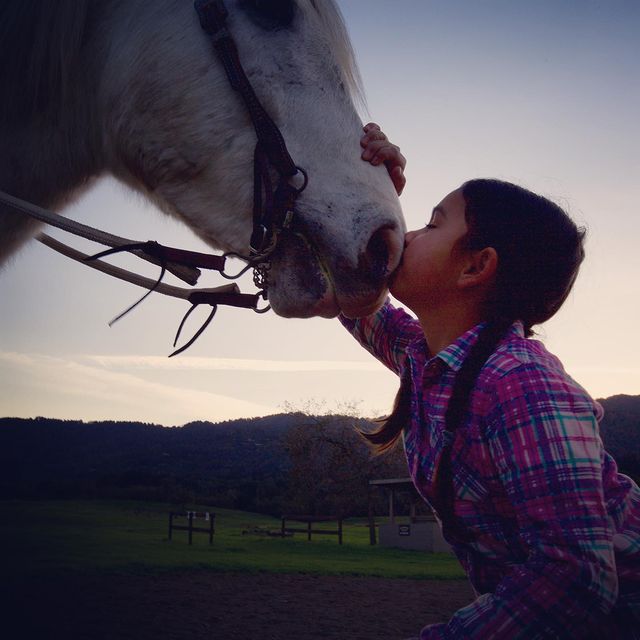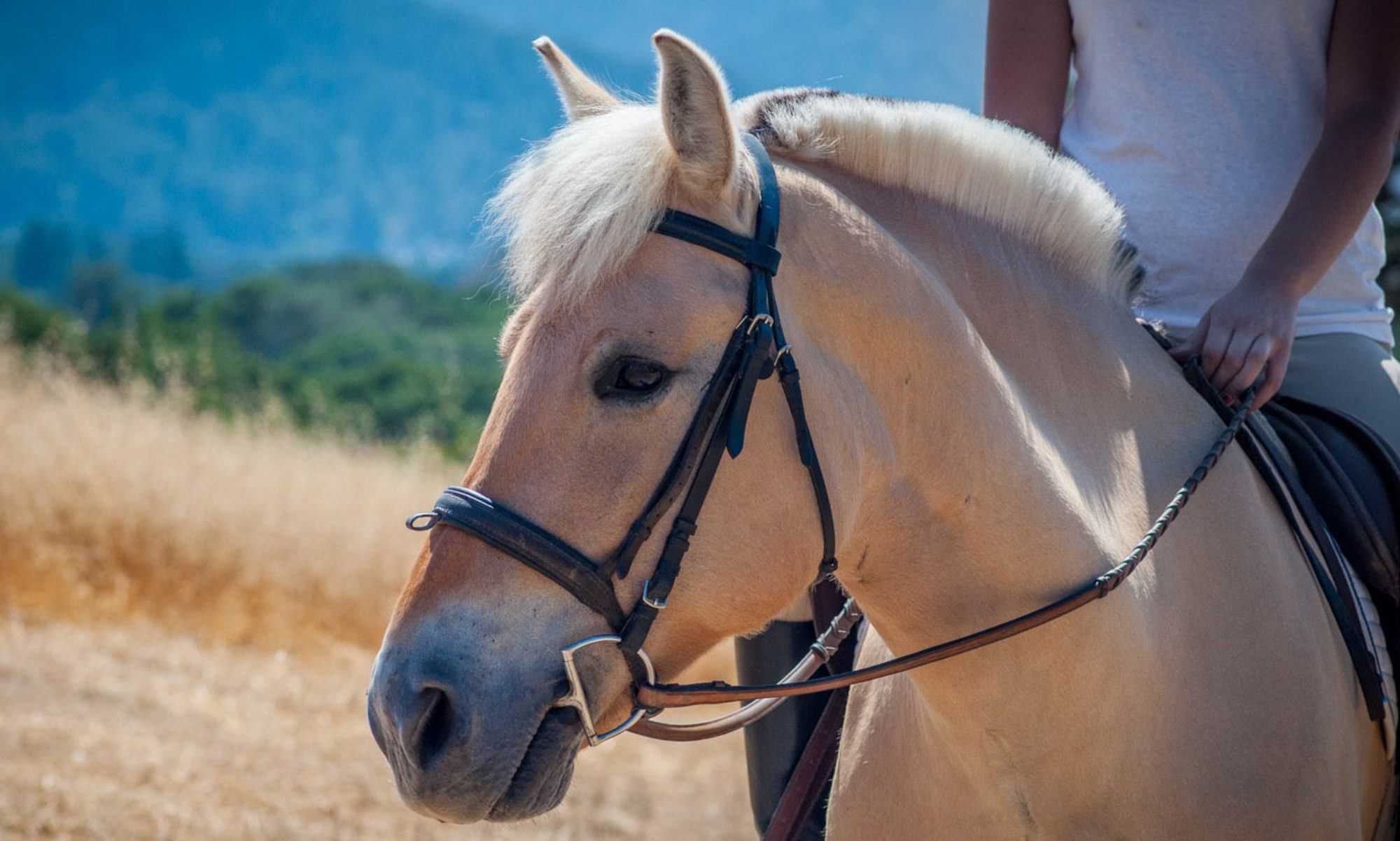
How do we get started? What is our first step to join?
All children who enter the BOK Ranch program first pass through the Stable Eq class. There is no time limit as to how long someone is enrolled in Stable Eq. The billing system goes on a month-to-month basis, so the minimum someone might be enrolled in Stable Eq is one month. There is no maximum length of time. Each child who enters Stable Eq receives a “to do list”. Once each item on the list is mastered, that participant is then typically eligible to graduate to the riding lesson program. Examples on the checklist include skills such as: haltering, grooming, saddling, etc.
If you are interested in joining, your first step is to visit the Stable Eq page and fill out an application. You will be contacted as soon as an available spot opens up.
What are the differences between Eq Ability, Balanced Eq, Eq Wellness, and Stable Eq?
Eq Ability is a maximum support riding lesson or maximum support rider. This typically involves 2 side walkers (on the right and left side of the rider) and a leader walking at the head of the horse.
Balanced Eq is a minimum support lesson or a minimum support rider. Typically, this type of rider would need a horse leader or a spotter walking closely for added support.
Eq Wellness is a lesson or a rider who is basically independent in the saddle. Eq Wellness riders frequently choose the BOK Ranch program vs. another typical lesson program for individualized instruction, a slower paced curriculum, or an interest for a direct relationship with a horse.
Stable Eq is a horsemanship program that allows horse enthusiasts to gain the knowledge around catching, leading, grooming, and tacking in preparation for riding. Children who “graduate” from the Stable Eq program may then be eligible to join the riding lesson program.
How does hippotherapy differ from Adaptive or Therapeutic riding?
Information from American Hippotherapy Association:
The term “hippotherapy” refers to how occupational therapy, physical therapy and speech-language pathology professionals use evidence-based practice and clinical reasoning in the purposeful manipulation of equine movement as a therapy tool to engage sensory, neuromotor and cognitive systems to promote functional outcomes. Best practice dictates that occupational therapy, physical therapy and speech-language
pathology professionals integrate hippotherapy into the patient’s plan of care, along with other therapy tools and/or strategies.
The terms “adaptive riding” and “therapeutic riding” are synonymous. These terms are commonly used to refer to horseback riding lessons for individuals with special needs, taught by horseback riding instructors who have received specialized training and may be certified to teach riding lessons to students with disabilities. These instructors adapt their teaching style, the environment and/or equipment to facilitate acquisition of riding skills and participation in an enjoyable activity. When participating in riding lessons, opportunities may be available for riders to participate in competitive equestrian events, recreation and leisure, education, socialization, and/or fitness.
The term “adaptive riding” more accurately describes this activity and is more consistent with other activities and sports for individuals with disabilities. The term “therapeutic” may imply “therapy”, and may be misleading to consumers and the public, therefore, it is the position of AHA Inc. to describe this activity is “adaptive riding.
Does BOK Ranch have Summer Camps or Summer Programs?
BOK Ranch is not offering traditional camps at this time, however, we do offer alternative horse supportership opportunities (similar to horse leases) in addition to early morning (beat the heat) lesson times.
